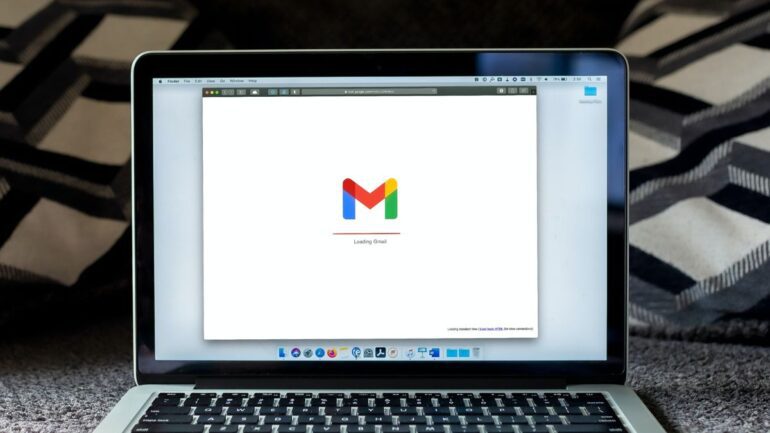TL;DR:
- Gmail is implementing stringent measures in 2024 to combat spam and unwanted emails.
- Bulk senders (those sending over 5,000 emails a day to Gmail addresses) will face new requirements.
- Requirements include email authentication, easy unsubscribe options, and adherence to a spam rate threshold.
- Google claims to already block 99.9% of spam, but evolving technology necessitates stronger defenses.
- Collaboration with industry partners is sought to establish these policies as the new standard.
Main AI News:
In a bid to fortify its email ecosystem, Gmail is set to implement more stringent regulations in 2024 to shield its users from the relentless barrage of spam. Google, the parent company of Gmail, has revealed a series of significant alterations in its approach towards email management, aimed at curbing the influx of unwanted emails. Commencing next year, bulk senders will be mandated to adhere to a strict set of rules. These encompass email authentication, simplified opt-out processes, and adherence to a designated spam threshold.
The sweeping changes will leave a substantial impact on a broad spectrum of email senders. Google categorizes bulk senders as entities that dispatch over 5,000 emails to Gmail addresses in a single day. This classification encompasses a diverse array of businesses, ranging from colossal retail giants and tech titans to burgeoning startups, B2C enterprises, and even newsletter creators seeking to promote their offerings via email.
Google asserts that its existing arsenal of AI technology already thwarts more than 99.9% of spam, phishing attempts, and malware, effectively blocking a staggering 15 billion unsolicited emails each day. However, the ever-evolving landscape of technology necessitates a corresponding evolution in Google’s email defense mechanisms, given the two-decade-old existence of Gmail.
To kickstart this transformation, Gmail is building upon a policy introduced last year, which mandates that emails directed to Gmail addresses must undergo some form of authentication to ascertain the true identity of the sender. This step has become imperative, as numerous bulk senders have inadequately secured and configured their systems, inadvertently providing a hiding place for potential attackers. While this measure has already resulted in a 75% reduction in unauthenticated messages received by Gmail users, Google is now raising the bar further. Bulk senders will be required to meticulously authenticate their emails in accordance with a set of meticulously documented best practices by February 2024.
Additionally, bulk senders must facilitate a one-click unsubscribe option for users and ensure that unsubscribe requests are processed within a mere two days. However, the most contentious aspect of these changes lies in Google’s stipulation that bulk senders maintain a crystal-clear spam rate threshold, marking an industry-first initiative. This entails that if a sender’s emails are frequently flagged as spam by users, they risk losing access to the coveted inboxes of their recipients.
While Google has announced these changes well in advance of its implementation in 2024, it has also sought cooperation from industry partners to adopt these new policies. Marcel Becker, Senior Director of Product at Yahoo, emphasized the importance of collaborative efforts in ensuring the utmost safety and security for email users. He stated, “No matter who their email provider is, all users deserve the safest, most secure experience possible. In the interconnected world of email, that takes all of us working together. Yahoo looks forward to working with Google and the rest of the email community to make these common sense, high-impact changes to the new industry standard.”
Google has acknowledged that many bulk senders already meet these new requirements and promises to provide clear guidance in the lead-up to the changes taking effect in February 2024.
Conclusion:
Gmail’s upcoming email regulations mark a significant shift for email marketers. Bulk senders must enhance authentication, simplify opt-out processes, and maintain a low spam rate. This move underscores the importance of email marketing compliance and sender reputation, forcing businesses to adapt their strategies to ensure continued inbox access and engagement with Gmail users.

